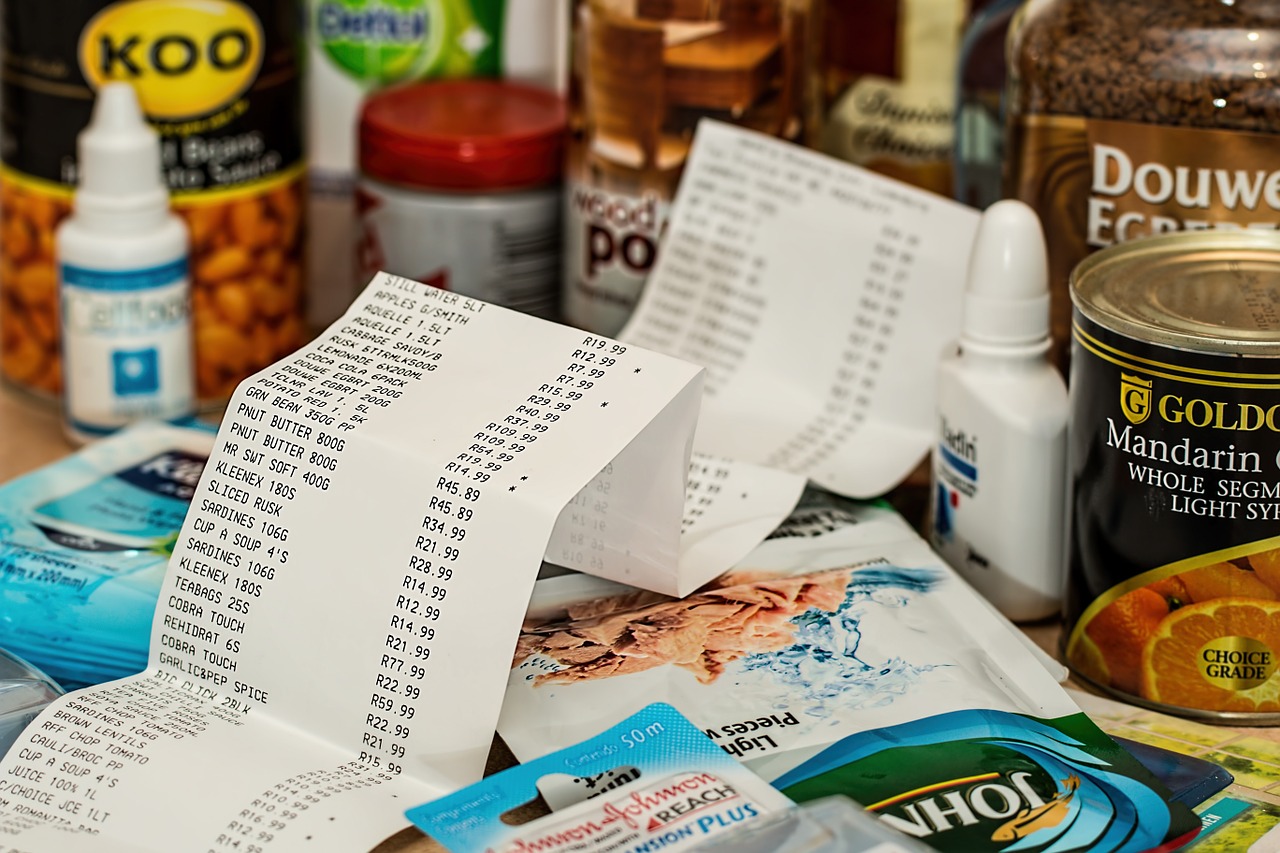 EMERGING TECH
EMERGING TECH
 EMERGING TECH
EMERGING TECH
 EMERGING TECH
EMERGING TECH
Chinese e-commerce giant Alibaba Group Holding Ltd. is teaming up with parcel shipment company Australia Post to combat fake food in China using blockchain technology.
The partnership also includes natural health company Blackmores and professional services adviser PricewaterhouseCoopers as part of an attempt to curb the rising tide of dangerous, counterfeit food.
China has seen a decade of problems involving food safety, with some incidents leading to illness and death. Most recently, the country led a crackdown of 50 factories producing fake branded seasoning with potentially toxic ingredients. Another incident in 2016 had distributors delivering fake Similac and Beingmate milk powder repackaged with substandard formula.
Blockchains, highly available secure distributed digital ledgers, can maintain real-time data on transactions that can be used to track every action taken involving food production from the farm to the grocery line. Blockchain technology also provides its own method for authenticating transactions, meaning it’s intentionally designed to be difficult to modify or falsify the transaction ledger itself.
Using a blockchain, any parcel of food would have an auditable history through the entire supply chain. This would make it much easier to detect anomalies in the supply chain, to assist preventative measures, and provide investigators detailed tools to discover any source of contamination, theft or fraud.
Bob Black, Australia Post executive general manager and chief executive of the Post’s consumer-facing brand StarTrak, said of blockchain technology that it “will track food from paddock to plate, strengthening the supply chain.”
“The initiative will leverage our secure, reliable and fast service to support the authentication of Australian products bound for the Chinese market,” Black said.
According to the Australia Post, in recent years counterfeiters have targeted Australian products—such as health supplements, beer and wine, honey and cherries—which makes the Post’s job in delivering safe, good quality food more difficult.
“Our food producers have a global reputation as being a clean, green and safe provider of food,” Black said. He added that the partnership with Alibaba and the exploration of new technology would work to keep that reputation intact and strengthen consumer safety.
This team-up follows others companies looking to blockchain technology for the task of supply chain tracking including IBM Corp. and Wal-Mart Stores Inc. The companies began a project in 2016, also in China, to track and authenticate the production, shipment and sale of pork products. IBM has also begun implementing blockchain technology for tracking diamond production and supply.
Support our mission to keep content open and free by engaging with theCUBE community. Join theCUBE’s Alumni Trust Network, where technology leaders connect, share intelligence and create opportunities.
Founded by tech visionaries John Furrier and Dave Vellante, SiliconANGLE Media has built a dynamic ecosystem of industry-leading digital media brands that reach 15+ million elite tech professionals. Our new proprietary theCUBE AI Video Cloud is breaking ground in audience interaction, leveraging theCUBEai.com neural network to help technology companies make data-driven decisions and stay at the forefront of industry conversations.